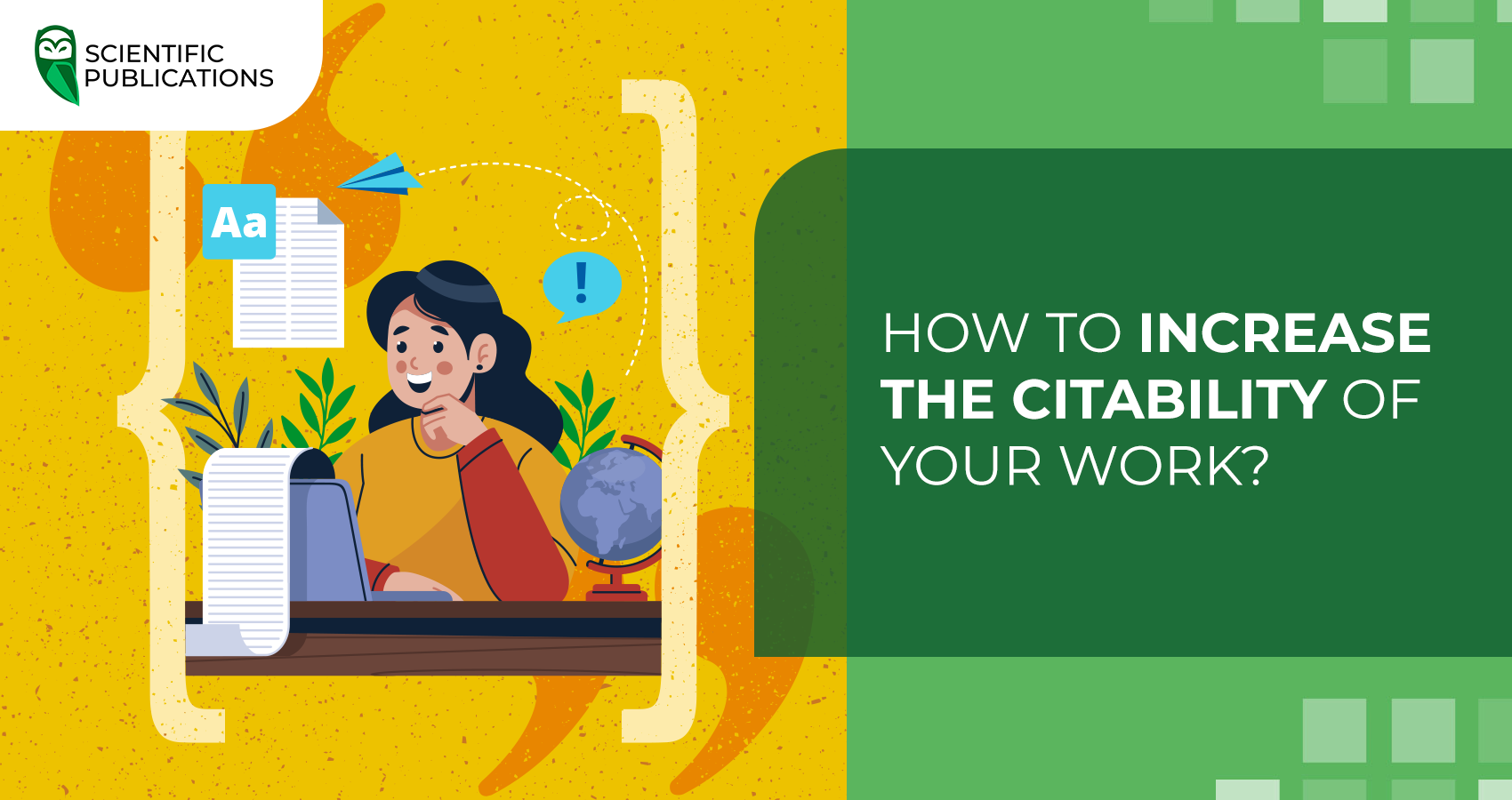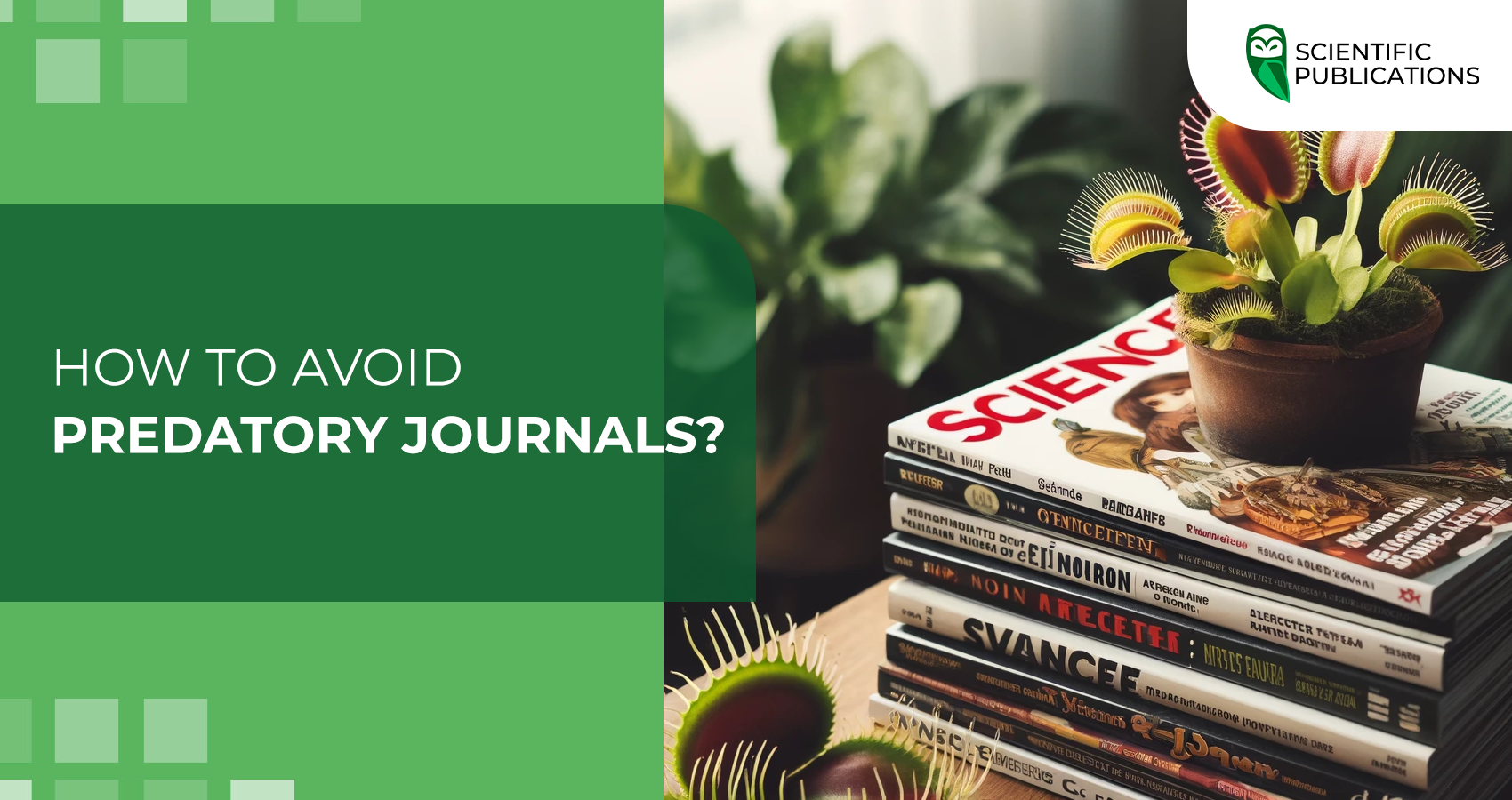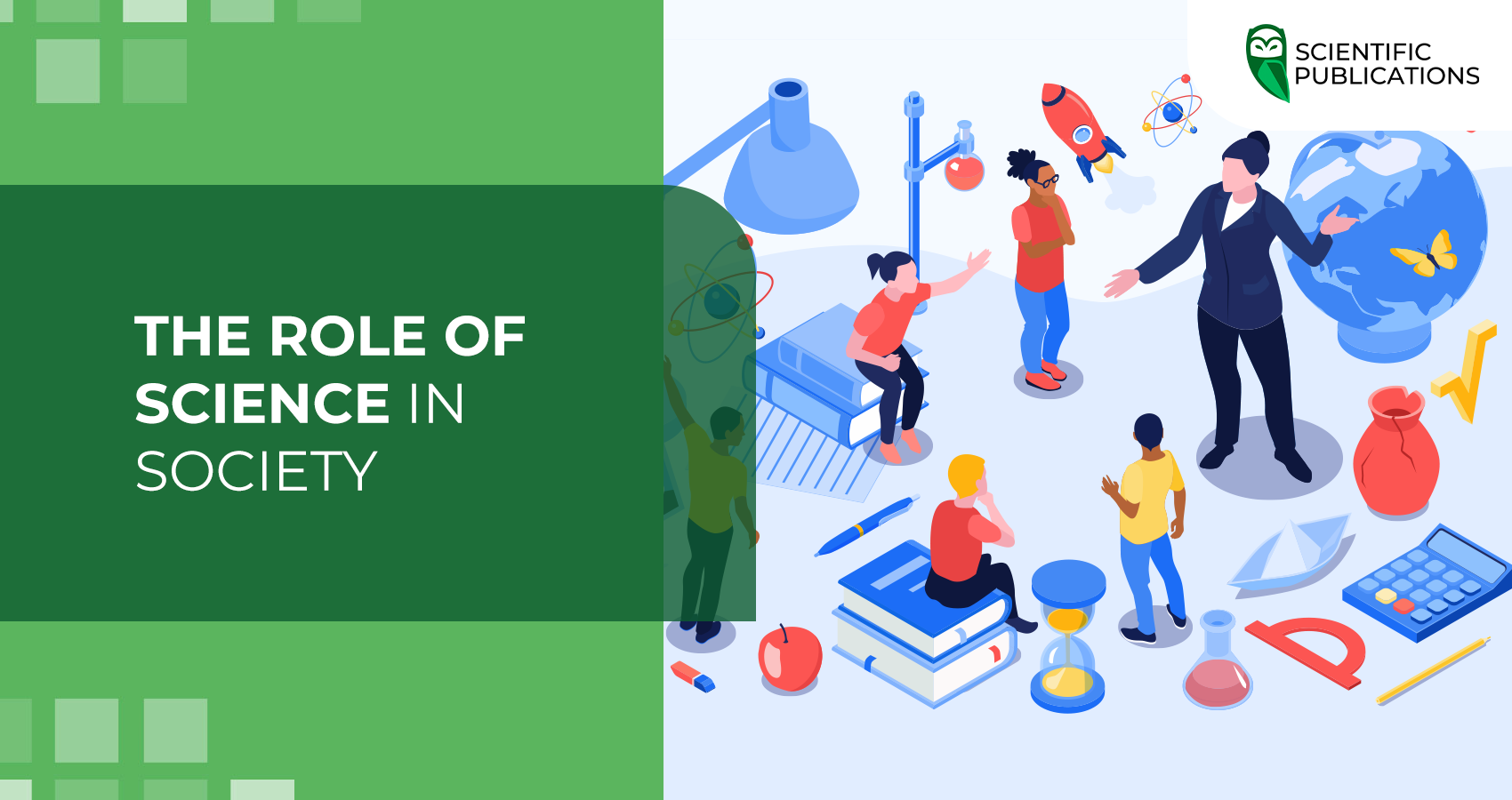The citability rate is an important indicator for every author, as it shows how relevant, popular and interesting their work is to the scientific community. How can this indicator be improved?

One of the most important indicators of the activity of researchers and scientists is the level of their citation. Every author wants his or her research to be recognisable and in demand among other figures, contributing to the development of both science in general and their career. The more often the author's work is cited, the higher his or her rating is, and the more significant the research becomes. How to achieve a high citation rate?
Choosing a journal for publication
To make your work more cited, you should choose reputable and ranked journals.
Among these journals, you should choose the following:
- Journals indexed in international databases (Scopus, Web of Science, etc.);
- Specialist journals with a high citation index;
- Journals with high scientometric indicators: impact factor, Hirsch index, quartile (Q1-Q2) and percentile (the higher the number, the higher the rating of the journal);
- Journals with a large audience.
When choosing a journal to publish your research, it is also important to avoid the so-called "predators" among journals.
Choosing and formulating a topic
When conducting research in the chosen area, it is important to choose a relevant and interesting topic. If the chosen topic is not well researched, this opens up opportunities for new discoveries and additional contributions to the relevant field of science.
Additionally, it is important to consider the potential impact of the research on practice and society. If your work has the ability to solve current problems and address important issues, this will increase the interest of other researchers in it, and, accordingly, increase its citation.
A correctly and successfully formulated topic attracts the attention of readers, which increases interest in the research and, accordingly, the citation of the research paper. A clearly formulated topic should reflect the main content of the research, which helps other researchers to understand whether it is interesting and useful for them. A well-formulated topic can have a positive impact on the dissemination, recognition and citation of a research paper.
Choosing keywords
Correctly selected keywords affect the citation of a research paper, as they are certain markers that help to find a paper in databases, journals, web resources and other sources of information. Choosing the right keywords increases the visibility of your work. They should reflect what has been investigated in the paper and also provide a brief descriptive description of the research.
Self-citation
One of the ways to increase the citation value of your paper is through self-citation. Do not neglect self-citation in your research, but you should adhere to the permissible amount, which should not exceed 12%. An appropriate proportion of references to previous studies will contribute to the successful passage of scientific review of the article and its indexing, while the researcher will not be accused of excessive self-promotion.
Collaboration with other authors
Conducting research and writing a scientific paper in co-authorship with other researchers will have a positive impact on your citation level. Collaboration with other authors helps to increase overall productivity. The research is prepared faster and less time and money is spent, as it is distributed among all authors. After the collaboration, authors can refer to each other's work, contributing to a higher ranking and citation index.
Selection of sources
It is important to select relevant and high-quality sources, as this will affect how interesting and valuable your work will be for further citation. Some resources allow users to track in which sources a particular source has been cited, so that more people can read your research.
Publication activity
Active publishing activity affects the author's ranking, so it is important to ensure constant publication activity. This activity has a direct impact on the level of citation, as the papers are regularly published in reputable scientific journals with a wide audience. The choice of foreign publications and collaboration with authors from other countries can also be useful for increasing the citation of scientific papers.
Participation in events
Participation in scientific competitions, conferences and other scientific events helps to promote and recognise the author in the scientific community, as the results of research and own theories are presented at such events. In addition, it helps to meet colleagues and exchange ideas, which creates new opportunities for collaboration and finding co-authors. All of this helps to increase interest in the researcher and can lead to an increase in citations.
Profile in databases and academic platforms
It is necessary to create author profiles in various databases and academic platforms. You should regularly check the data to avoid possible errors and update information about your publications. It is also useful to submit your research to open access databases, as this will allow more people to read your work and, accordingly, cite it.
The citation level of an author indicates the extent to which his or her research has been recognised and used by other scientists in their studies. The more citations a publication has, the more important, influential, and authoritative it is considered to be in the scientific community. This metric can be used to assess an author's scientific productivity, as well as to make decisions about further research, grants, and career opportunities.
If you need assistance with increasing the citation level of your work – contact Scientific Publications. Our specialists will guarantee you a natural increase in your citation rates. Fill out an application on the website, and our manager will contact you within a business day.





